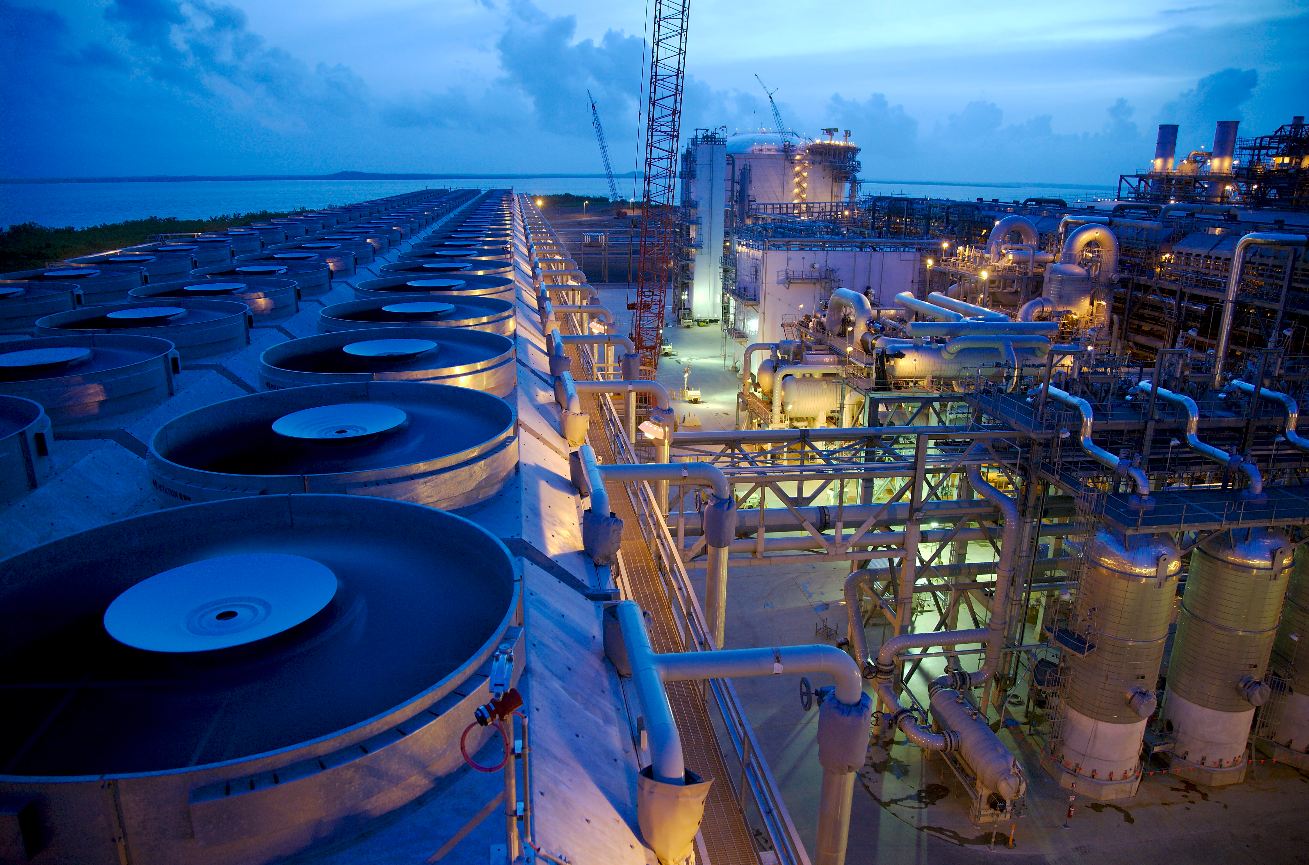Ousted Assad major threat to Gazprom

 Toppling of Bashar al-Assad threatens to change the balance on the European gas market, as such developments will enable Qatar to build a direct pipeline through Syrian territory to Turke.
Toppling of Bashar al-Assad threatens to change the balance on the European gas market, as such developments will enable Qatar to build a direct pipeline through Syrian territory to Turke.
"If Assad is toppled, Qatar can build a pipeline through Turkey to Europe, where it will push down Gazprom,” says head of the analytical department of Golden Hills — Capital AM Mikhail Krylov.
Therefore, Russia may profit from strengthening Syrian leader Bashar al-Assad in terms of competition on the European gas market. Syria is the best route for gas supplies from Qatar to Turkey, and then — to Europe. Even today, Qatar is already one of the major suppliers to the EU.
Qatar exports nearly 77 million tonnes of LNG annually, with a third of that amount going to Europe.
"Syria is one of the few sources of tension, restraining the formation of geographically justified and cheaper routes to deliver Qatari gas to Europe," says the expert.
The expert points out that Qatar boasts one of the world's largest gas reserves (about 25 trillion cubic meters). If a straight pipeline is laid, the route to Turkey will be only 1,800 kilometers. For comparison, the length of the existing Russian Nord Stream pipeline which goes across the Baltic Sea to the German coast is 1,224 kilometers. But this does not include the transportation of gas from Siberia.
By the way, Turkey's participation in Qatari supplies is optional. Krylov believes that the pipeline can be laid up to the Syrian coast, and then a possibility may be worked out of further supply to Greece. The only obstacle to the direct supply of Qatari gas to Europe is independence from the U.S. and NATO of a number of foreign actors (including Bashar al-Assad and the terrorists).
In recent years, Gazprom has provided nearly 25-30% of gas present on the European market. Qatar’s share, according to Krylov, is about four times less, but it can grow if the pipeline is built. Meanwhile, Gazprom’s exports volume is reducing: in H1 of 2015 it decreased by 8% year-over-year, amounting to 74.275 bcm.
However, the article stresses that Qatar has another strong rival on the European gas market, which is Iran. After international sanctions are lifted, it may also launch deliveries to the EU. Iran's reserves are the world’s largest, according to the British BP, amounting to 34 trillion cubic meters (17-18% of the world reserves).
Major European energy companies have already discussed Iranian supplies to Europe, which is extremely interesting to them, first of all because it will reduce dependence on Russia. In mid-September, The Wall Street Journal, citing sources reported that the German RWE AG and E.On, French Total and Engie, British BP, the British-Dutch Royal Dutch Shell, Norway's Statoil and the Spanish Repsol are going to invest in the Iranian gas sector, hoping to get ahead of their competitors in this respect – U.S. and China.
Политика конфиденциальности | Правила пользования сайтом







